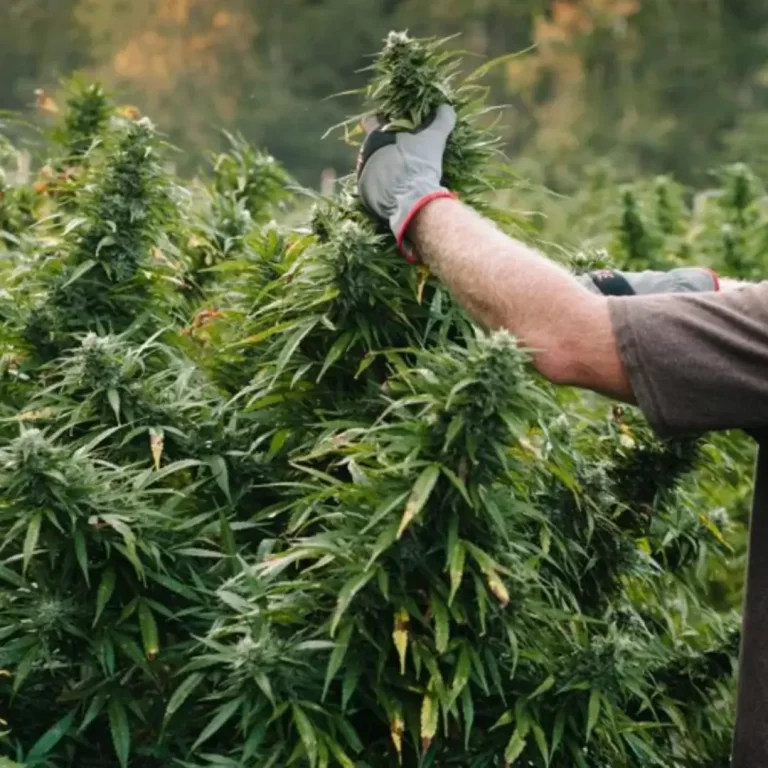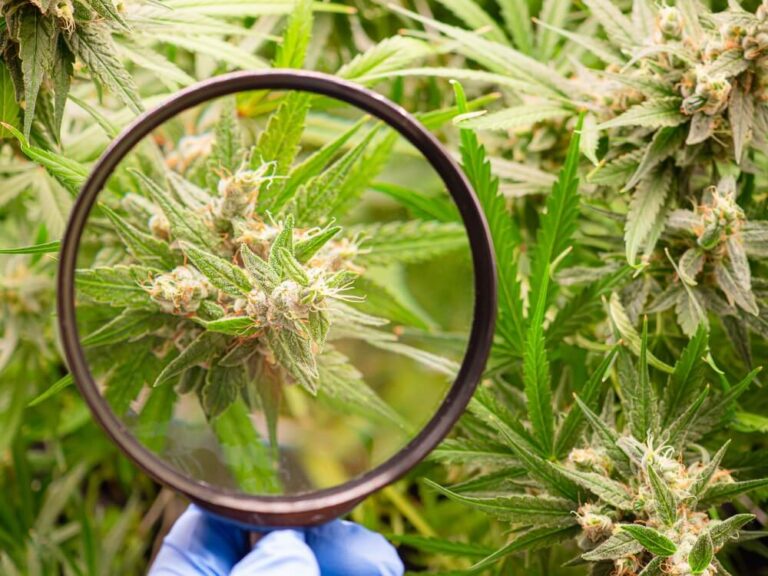
Spain’s Murky Weed Market Mirrors Our Own
- Cannabis News
- Cannabutter Digest
Germany has dominated the international cannabis headlines with their endless game of tug-of-war with the European Union over cannabis legalization. However, Western Europe’s largest nation isn’t the only European country tackling the challenges of navigating a changing cannabis landscape. Spain has a long and mixed history of cannabis use and tolerance, and the Iberian nation’s current cannabis policies are confusing in a way that many feel mirrors the United States, where individual states have legalized a product that remains illegal at the federal level.
In some regions of Spain, crackdowns on the booming marijuana industry are causing concern for local cannabis advocates and casual users alike. And recent recommendations by the Spanish Health and Consumption Commission of the Congress of Deputies have further clouded the issue.
Legal or Illegal? The Complicated History of Weed in Spain
The history of cannabis reform in Spain is complicated. Ironically, the drug’s popularity might have been an outcome of Francisco Franco’s right-wing dictatorship, which maintained a shrinking colonial empire in Northern Africa into the 1970s. Spanish soldiers stationed there indulged in the local habit of smoking cannabis recreationally, a habit they brought back with them to their mother country. In the 1940s and 1950s, marijuana use was relatively widespread throughout Spain’s cities, specifically those with strong connections to the overseas empire. But by the late 1960s, as cannabis became associated with left-wing youth agitation, the Franco government began to crack down on its consumption.
While a series of Supreme Court rulings in the 1970s held that the possession of small amounts of narcotics, including marijuana, was not a crime, Francoist law enforcement developed extra-judicial systems of punishment. Police would harass, frisk, and penalize suspected drug users, leaving many Spaniards to assume that cannabis possession was, in fact, illegal.
In the decades since Spain decriminalized possession of small amounts of drugs, there has not been much movement on the cannabis reform front. As Juan F. Gamella notes in the paper linked above, Spain was among the first European nations to decriminalize marijuana possession and one of the last to pursue harm-reduction drug policies. The result was an inconsistent policy that likely had a contradictory effect.
Finally, in 2015, Spain decriminalized the cultivation of cannabis for personal use. Nonprofit cannabis clubs popped up, charging “club members” membership fees instead of allowing them to purchase cannabis directly—a sort of legal loophole. Three years later, Spain’s Podemos party supported legalizing marijuana in the country. Their plan sought to encourage cannabis farming cooperatives and take the teeth out of the marijuana black market.
It wasn’t until 2022 that the Spanish Health and Consumption Commission of the Congress of Deputies approved new recommendations from a Medical Cannabis Subcommittee to create and regulate a comprehensive and legal medical cannabis industry by the end of the year. However, the Ministry of Health has yet to produce the needed medical cannabis recommendations, stalling cannabis reform at the medicinal level.
Where does that leave the state of cannabis in Spain? It hovers in a legal gray area. While individuals can possess and cultivate small amounts of cannabis for personal use, it remains illegal to sell or traffic the substance. It is also illegal to consume cannabis in public. Cannabis clubs are one way the industry has circumvented the rules. Some estimates suggest there are 500 to 700 cannabis clubs in Spain collecting dues from members instead of charging them directly for cannabis products.
Legal Gray Areas Cause Confusion and Complications
Without definitive cannabis laws on the books in Spain, budding cannabis clubs have bloomed in recent decades. The problem with decriminalization without a comprehensive cannabis reform plan in place is that some cannabis clubs operating in the legal gray area are run by local and international drug gangs, fueling the black market and illegal drug trade in other areas.
Heavily armed law enforcement officials in Barcelona recently conducted a raid on a home packed with 800 marijuana plants, leading to the arrest of two Albanian nationals. Eight hundred marijuana plants cultivated in one home are beyond the threshold of what could be considered legitimate personal cannabis consumption. Officials argue that it is one example of how the marijuana industry is making parts of Spain dangerous and a hotbed for illegal drug activity.
The problem is far-reaching. Among dozens of European cities analyzed, Barcelona has the third-highest cannabis in its wastewater as of 2022. Seizures of the drug reached their highest level in over a decade in 2021. Seventy-four percent of all seizures of marijuana, by weight, occurred in Spain. Catalonia is also an illegal marijuana hot spot. The property bubble burst in 2008, leaving behind many abandoned properties in the area. Cultivators find the abandoned buildings an attractive spot to produce marijuana, trafficking the drug to nearby France.
The rise of the illegal drug market has led to a rise in violence between rival marijuana organizations, an increase in the use of firearms, and more marijuana-related homicides, according to the head of Criminal Investigation in Catalonia’s Mossoa d’Esquadra police department.
Cannabis is cheaper in Spain than nearly anywhere else in Europe, also giving the illegal drug trade in the region a boost. Because cannabis can be cultivated, produced cheaply, and sold elsewhere for an extraordinary markup, gangs will continue to take advantage of the region for big profits. Unfortunately, over the years, the federal government has stalled attempts to pass formal cannabis regulations. The government has yet to move on other cannabis reform pathways that could help curb illegal grow operations and create a more structured legalized cannabis market.
In the United States, cannabis advocates claim marijuana legalization can help curb crime and provide substantial benefits to the criminal justice system. While violent crime decreased in states like Maine and Nevada after legalizing recreational cannabis, Alaska and Massachusetts both saw increases post-legalization. The crime trends in each state make it challenging to prove or disprove the claims that marijuana legalization can help reduce crime and drug trade in the illegal black market. However, these discrepancies may be attributed to the fact that different states enact unique cannabis laws, and there is not an overreaching federal policy on cannabis legalization.
Cannabis reform continues to be a hot-button topic around the globe. For more information on this and other cannabis-related news and events, head to Cannabutter Digest. We are the only website you need for the latest cannabis news, recipes, and product reviews.






